If you think food fraudsters are sitting out the pandemic at home, think again. Last year, Interpol and Europol’s joint Operation Opson seized more than £29m worth of potentially dangerous fake food and drink, disrupting the work of 19 organised crime groups and leading to 407 arrests.
Among the takings: some 3.6 tonnes of unsafe dairy products set to be processed into cheese, discovered in Bulgaria. In Jordan, 6,500 litres of fizzy drinks readied for sale.
“In times of crisis, criminals always look for new ways to abuse consumers and increase their illegal profit,” said Europol chief Catherine De Bolle as she revealed the haul. The 17,000 false Covid-19 testing kits taken out of circulation by the operation shows just how low the crims will go.
So is fraud more prevalent due to the pandemic? Analysis of official alerts and media reports by the Food Authenticity Network certainly indicates as much, finding a 37% rise in food fraud cases in the first half of 2020 compared with the previous year.
Getting a true measure of global food fraud is tricky enough in normal times. Different countries share different types of differently defined data in different ways. Others don’t at all.
It’s even harder during a pandemic. What we do know about present food fraud is likely to be only the tip of the iceberg. There is a sense the problem is swelling beneath the surface.
Lloyd’s Register has warned that vigilance against food fraud – like inspections and sampling – is “critically low” worldwide. “The effects of the pandemic could give rise to the next biggest case of food fraud since the 2013 horsemeat scandal, if correct protocol levels continue to drop,” the company said.
Meanwhile, turbulence to supply chains will have prompted many businesses to source new suppliers, thus “pushing ajar the door” to fraud.
The national food crime units of England and Scotland have stated the pandemic has created a “perfect environment” for fraudsters. No doubt, supply chain disruption and lockdowns mean “there have been opportunities for unscrupulous traders and individuals” said Ron McNaughton, head of the The Scottish Food Crime and Incidents Unit. Covid “has created a factor or motivation” in recent food fraud, he added.
The UK’s national food crime units claim evidence of criminal exploitation in the UK is limited so far. But things may get worse before they get better. Professor Chris Elliott, founder of the Institute for Global Food Security, expects Brexit to result in “reduced intelligence coming from our European neighbours” and “lower (if any) scrutiny checks on goods entering mainland Europe for transhipment to the UK”. And financial pressure on businesses across the food sector could see corners cut and the start of a slippery slope into more major fraud.
So while there is no evidence Covid has prompted a surge in food crime yet in this country, 2021 could - as Elliott puts it - “tell a different story”.







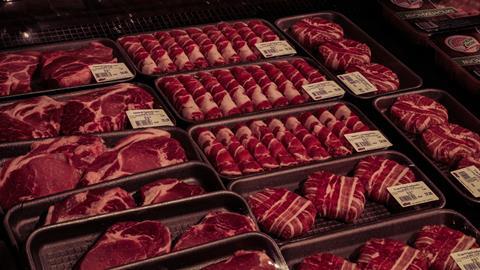
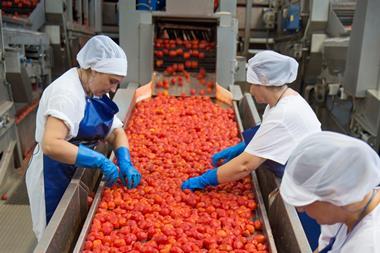
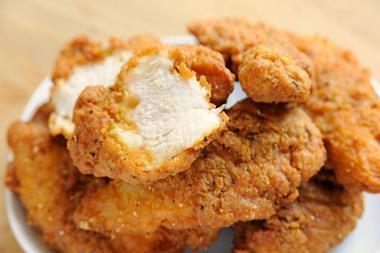
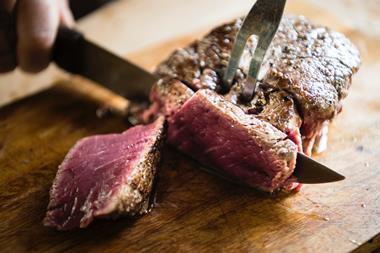








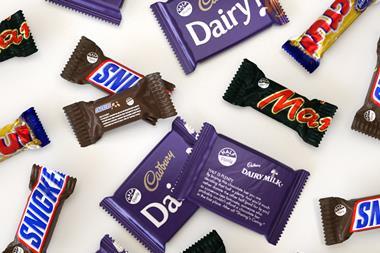
No comments yet